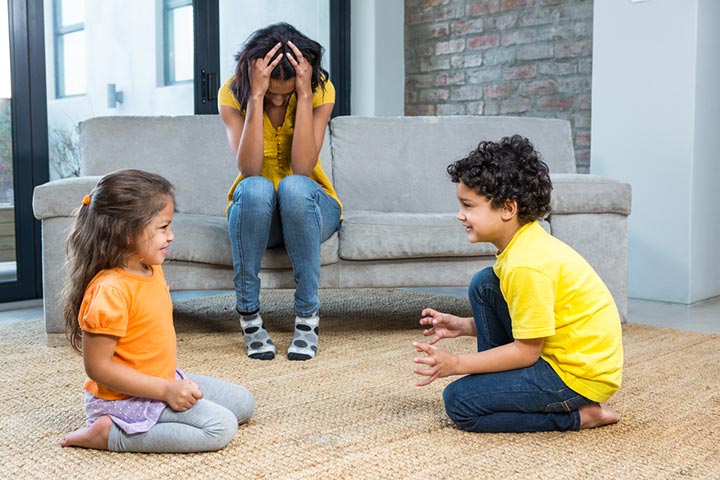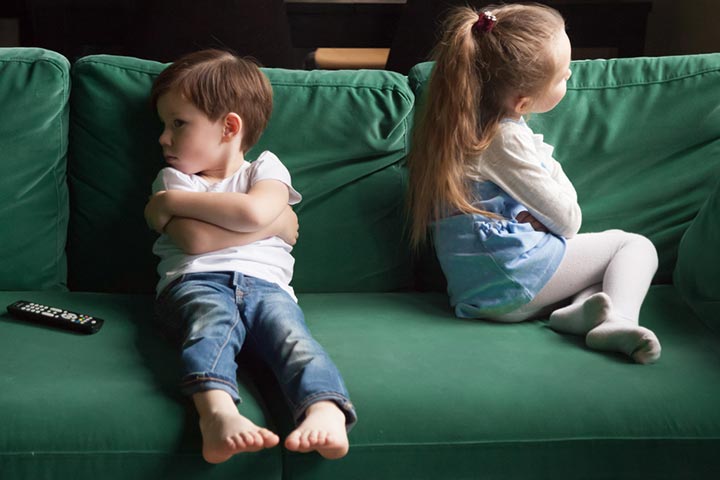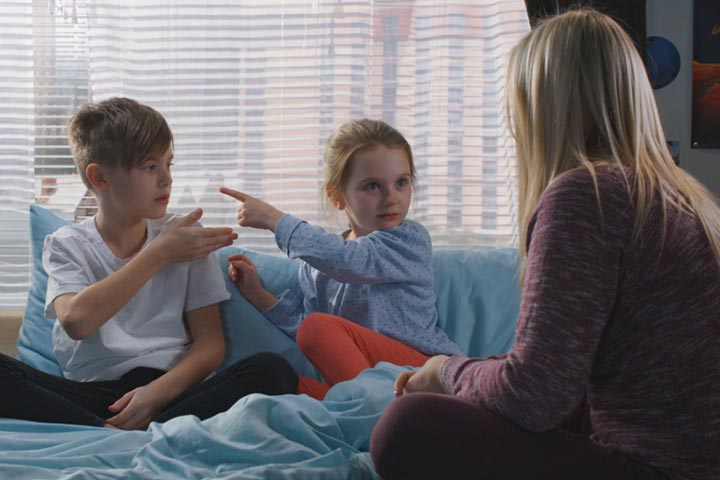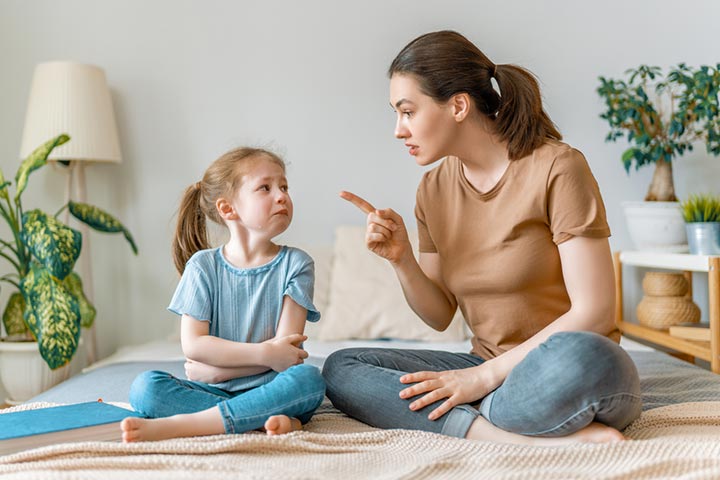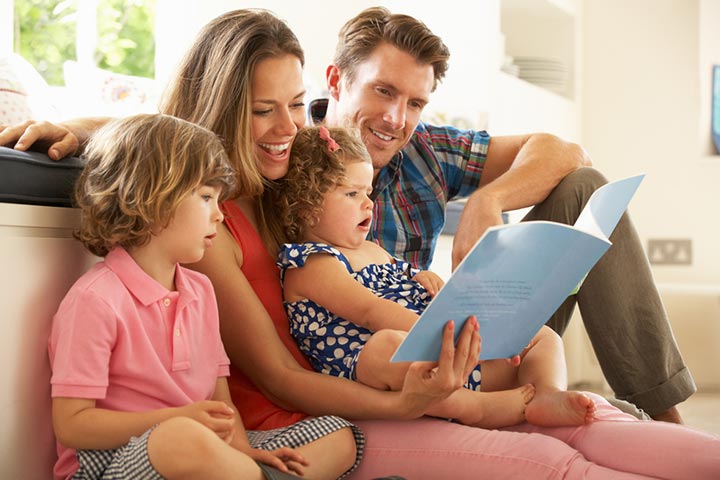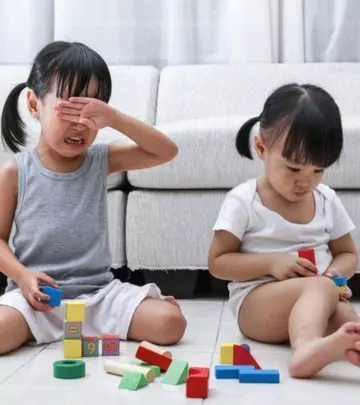
Image: Shutterstock
As challenging as it is to raise one child, imagine the difficulties of raising many kids at once. Helping your children develop trustworthy relations with one another is just as crucial as building them with you. Unfortunately, sometimes the less obvious things create roadblocks, such as insensitive phrases and sayings passed down through generations. We are here to identify the kind of language that should be avoided while bringing up children if you want them to avoid unhealthy competition among children and help them develop into kind and social adults. Read on to know them all.
1. “Learn From Your Sibling.”
Image: Shutterstock
You may think that comparing your kids to their siblings is an excellent way to spur their confidence, but it is not. The child will simply perceive this as evidence that you think their sibling is superior and that they are less desirable. When one child begins to use dishonest techniques to gain an advantage over another, it can lead to sentiments of anger and jealousy, which in turn can cause difficulties with self-esteem.
2. “Take Care Of Your Little Sibling.”
Image: Shutterstock
When there is a significant age gap between siblings, the older child is often responsible for the younger one. However, it’s important to remember that older siblings aren’t meant to take the parents’ position. Therefore this shouldn’t become the responsibility of the eldest child. You might ask your older child to watch the kids while you cook, but letting them parent your kids just because they are older can lead to more significant problems.
3. “You Have To Love Your Siblings.”
Image: Shutterstock
Children may experience anxiety when a new baby joins the household. Tension and envy begin to rise within them. It won’t help if you try to convince your elder children to accept the baby just because they are related to you. Instead, the best course of action is to arrange for regular one-on-one time with the elder sibling. It’s important to let them know it’s okay to feel that way and to constantly acknowledge and celebrate the times they care for their younger siblings.
4. “You Are The Elder One, Set A Good Example.”
Image: Shutterstock
Taking the younger kid’s side or pressuring the older child to put up with anything for the sake of the younger kid can cause tension between the siblings and even lead to emotional issues for the older sibling. As a result, they may become less optimistic and worried perfectionists who struggle to form close friendships because of the weight of duty and the continual pressure they face.
5. “Who’s Going To Get Ready First?”
Image: Shutterstock
Unfortunately, many parents have the terrible habit of actively encouraging rivalry among their children. Of course, kids will always feel unfairly treated if we compare them, but if we pit them against each other in an open competition, kids will come out on the losing end, and experience increased anxiety. Since the feelings of victory or defeat are so profound, it’s best to avoid competitiveness with young children. That’s why making them into a team makes more sense than rivals. You may act as a third party and play the loser’s part.
6. “Calm Down” Or “Deal With It.”
Image: Shutterstock
Repressive feelings simply keep people anxious and prevent them from finding a solution. Adults, too, occasionally need to resolve their own internal struggles. Instead of trying to stop your children from being upset, it’s preferable to hear them, reassure them that their emotions are expected, and work through the situation with them. Attempt to highlight collaboration and mutual helping amongst siblings and praise them for it to lessen the number of disagreements they experience.
7. You All Are The Same For Me
Image: Shutterstock
Because we are all unique, our loved ones must appreciate and celebrate our best qualities. When a parent says, “I love you all equally,” it emphasizes that they aren’t any better than the others. On the contrary, it’s important to highlight each child’s unique qualities and applaud their efforts rather than compare them. All of them should feel special and irreplaceable for who they are and not on common grounds of their existence.
Every parent dreams that their children are well-behaved and get along with each other like a perfect family. However, sibling relationships are not that simple. They usually start from being the worst enemies and grow up to be best friends. Parents play a significant role from childhood in ensuring the siblings get along well. They need to devote as much attention as they did with their first child to the other kids. Also, your kids are your sole responsibility, so don’t expect your elder sibling to sacrifice their social life to babysit their baby siblings. Make sure you help them function as a team and let them explore their own individual talents. What other common expressions, in your opinion, are harmful to children’s mental health and sibling bonds? Let us know in the comments section!


